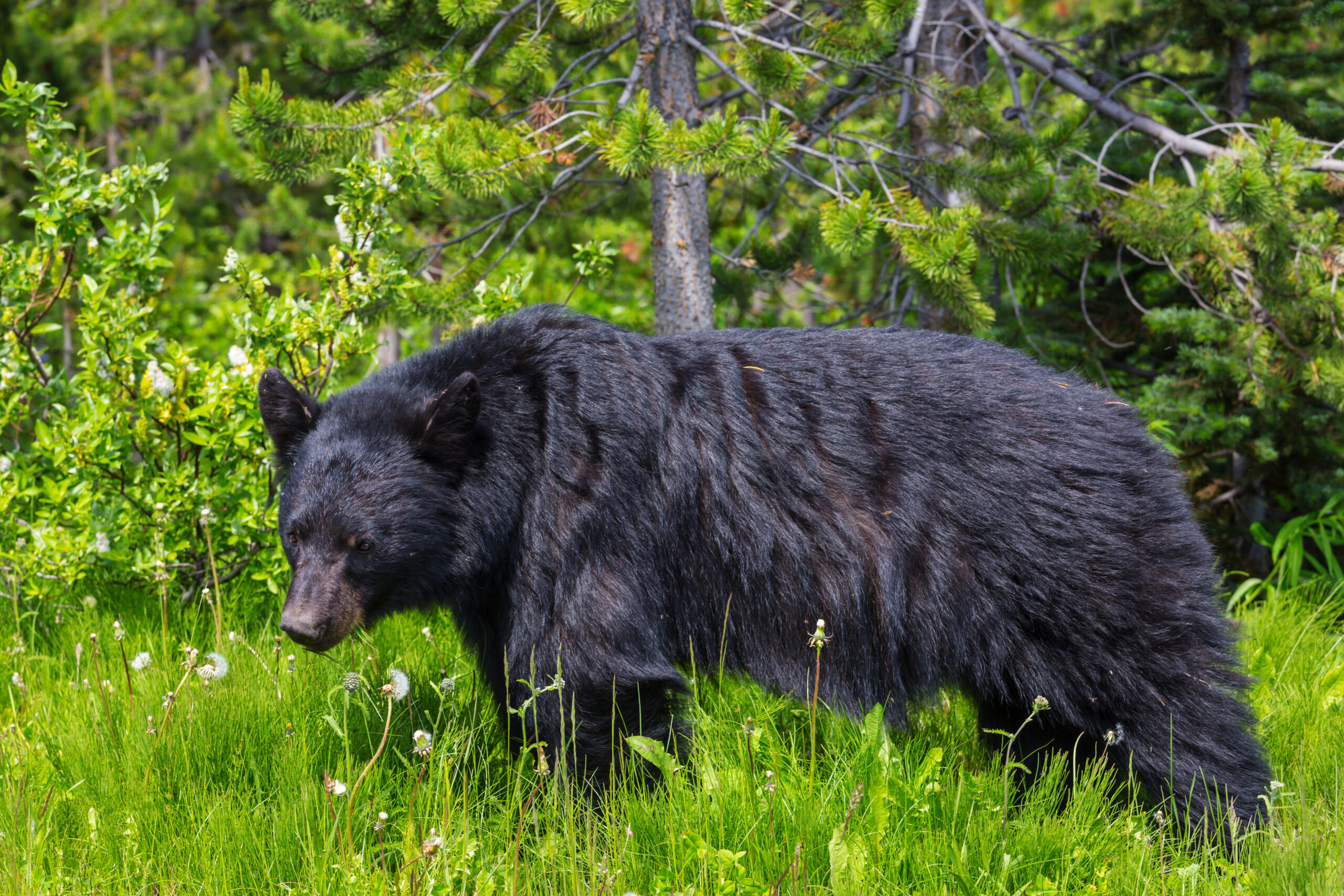As global wildlife faces mounting threats from climate change, habitat loss, and human expansion, hunting emerges as a vital conservation tool—especially in rural regions like British Columbia. This study highlights the essential role hunters play in managing land and wildlife sustainably while supporting local economies. By engaging a diverse group of stakeholders—resident and Indigenous hunters, wildlife biologists, conservation officers, guide outfitters, and suppliers—the research underscores the deep, place-based knowledge hunters bring to conservation efforts. Their firsthand experience is critical to crafting inclusive, effective policies that protect both wildlife and the communities who coexist with it. Rather than a threat, regulated hunting offers a pragmatic solution to balancing environmental stewardship with economic resilience in rural areas.
Key Points:
- According to the Canadian Federation of Outfitters and Associations, in 2017 the hunting and fishing outfitting industry contributed nearly $2.7 billion to Canada’s gross domestic product and supported over 37 thousand jobs nationwide.
- We are part of the ecosystem right? That is the main view that I would have that we aren’t separate from it … we are part of the ecosystem … we always have been … if it wasn’t for hunting you probably wouldn’t be here… none of us would be(Sean, personal communication, January 15, 2018).
- As a consumptive user you get to understand the trends in abundance because sustainability is what dictates your ability to hunt (Jesse, personal communication, January 24, 2018).

